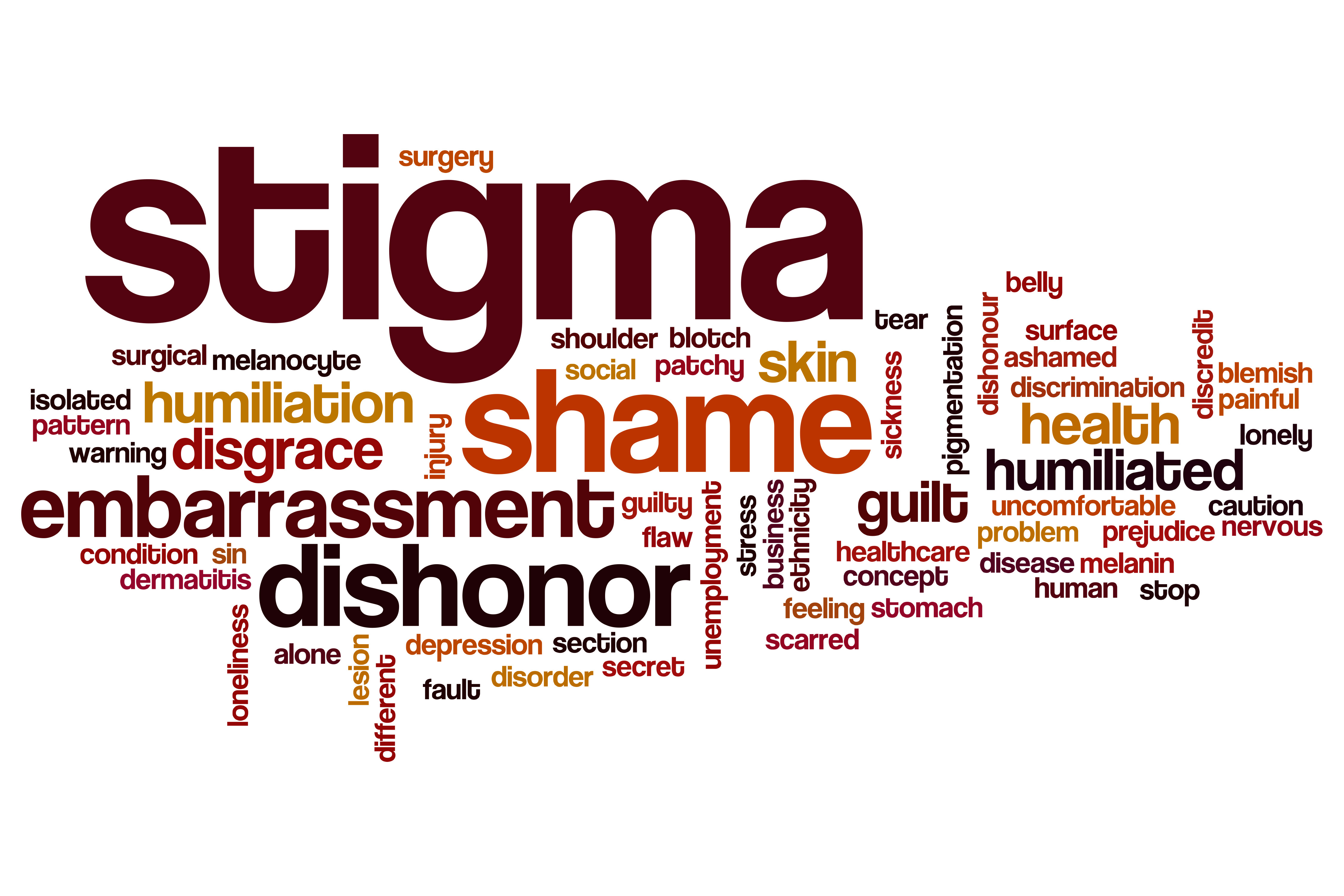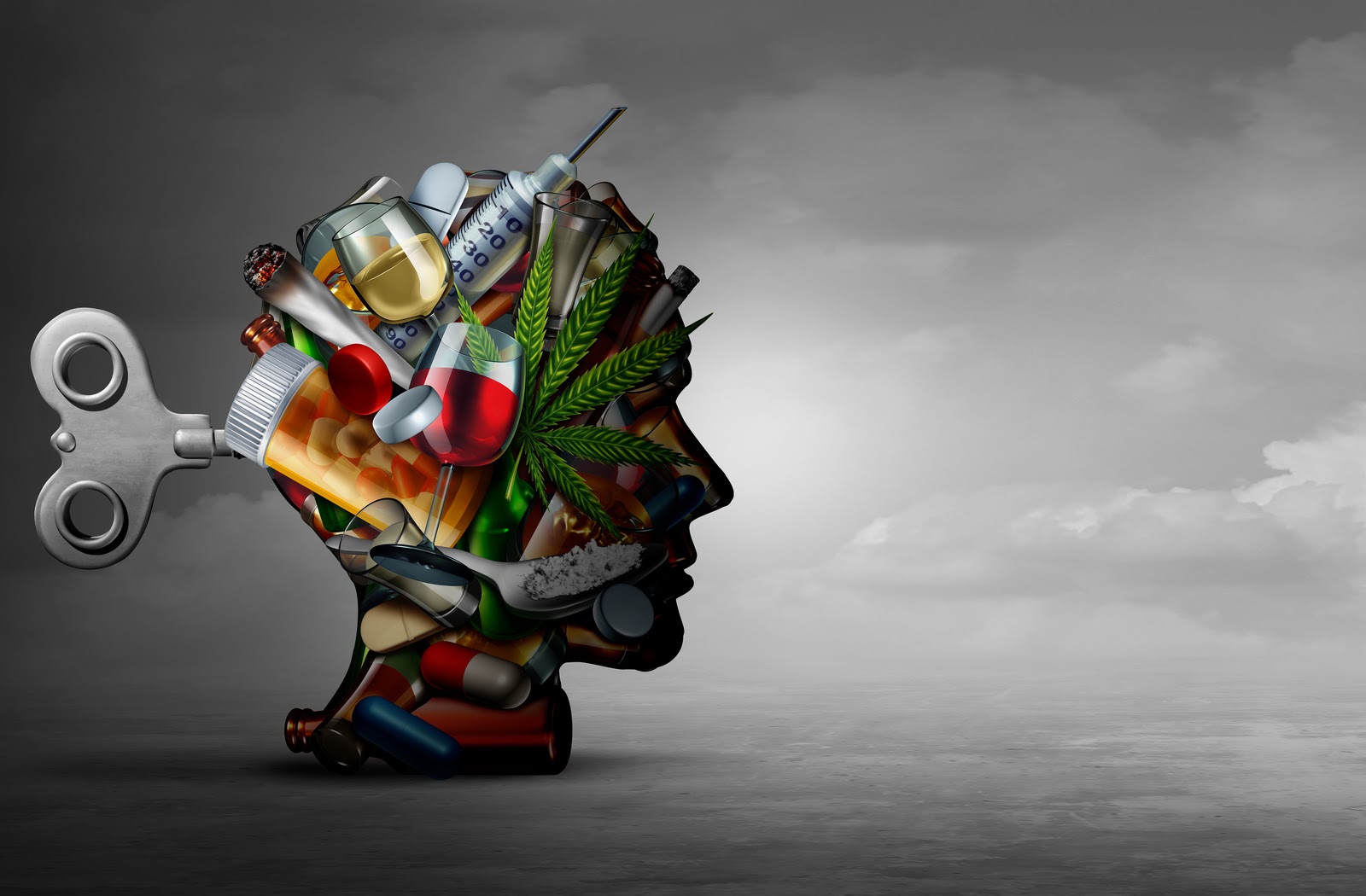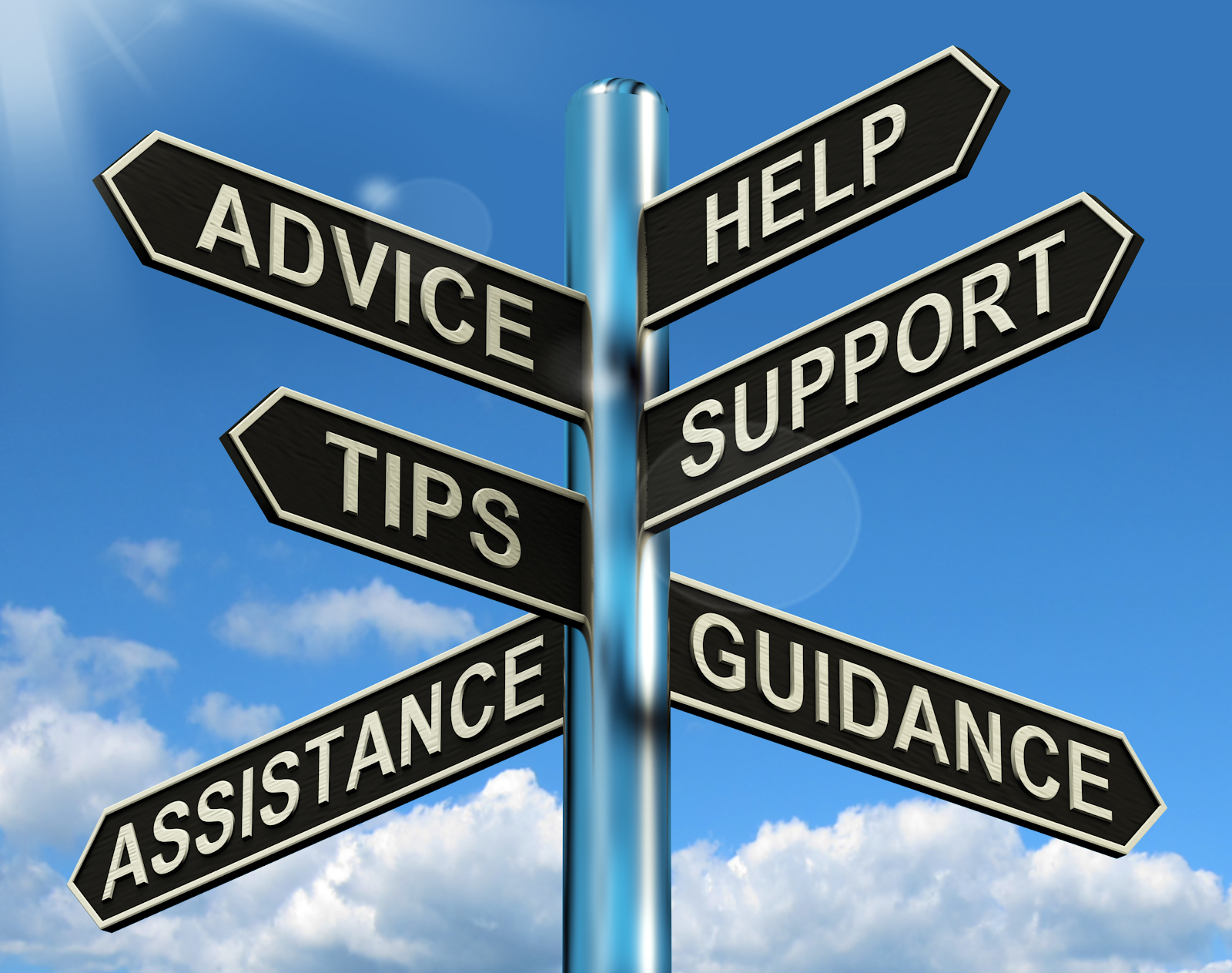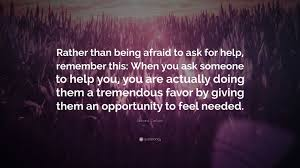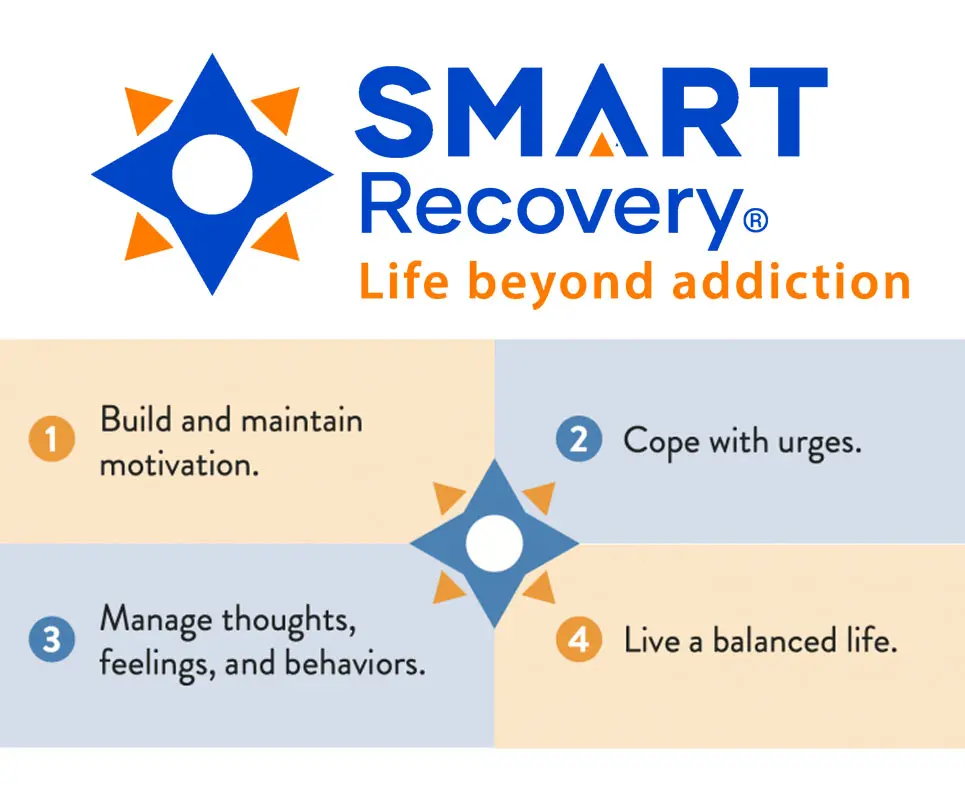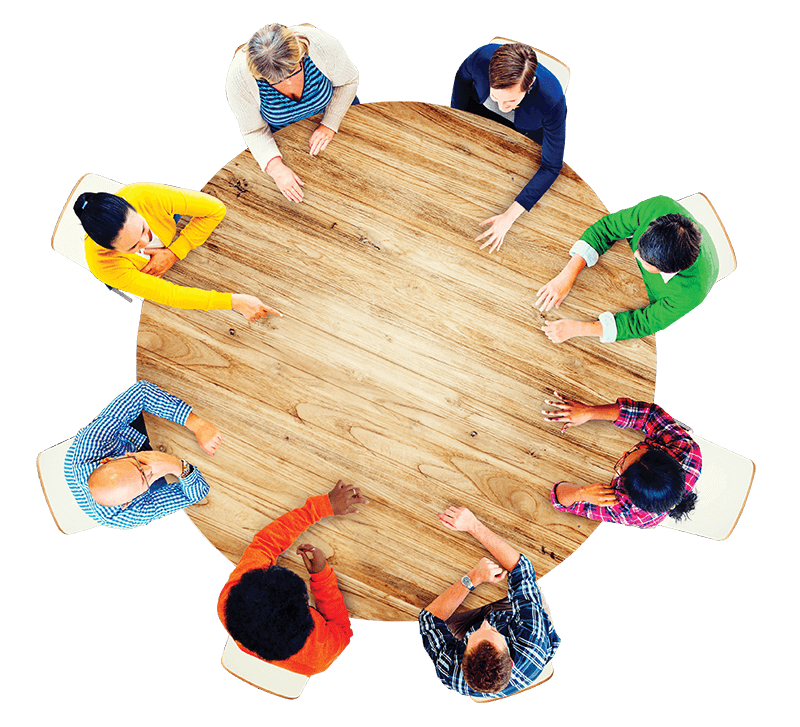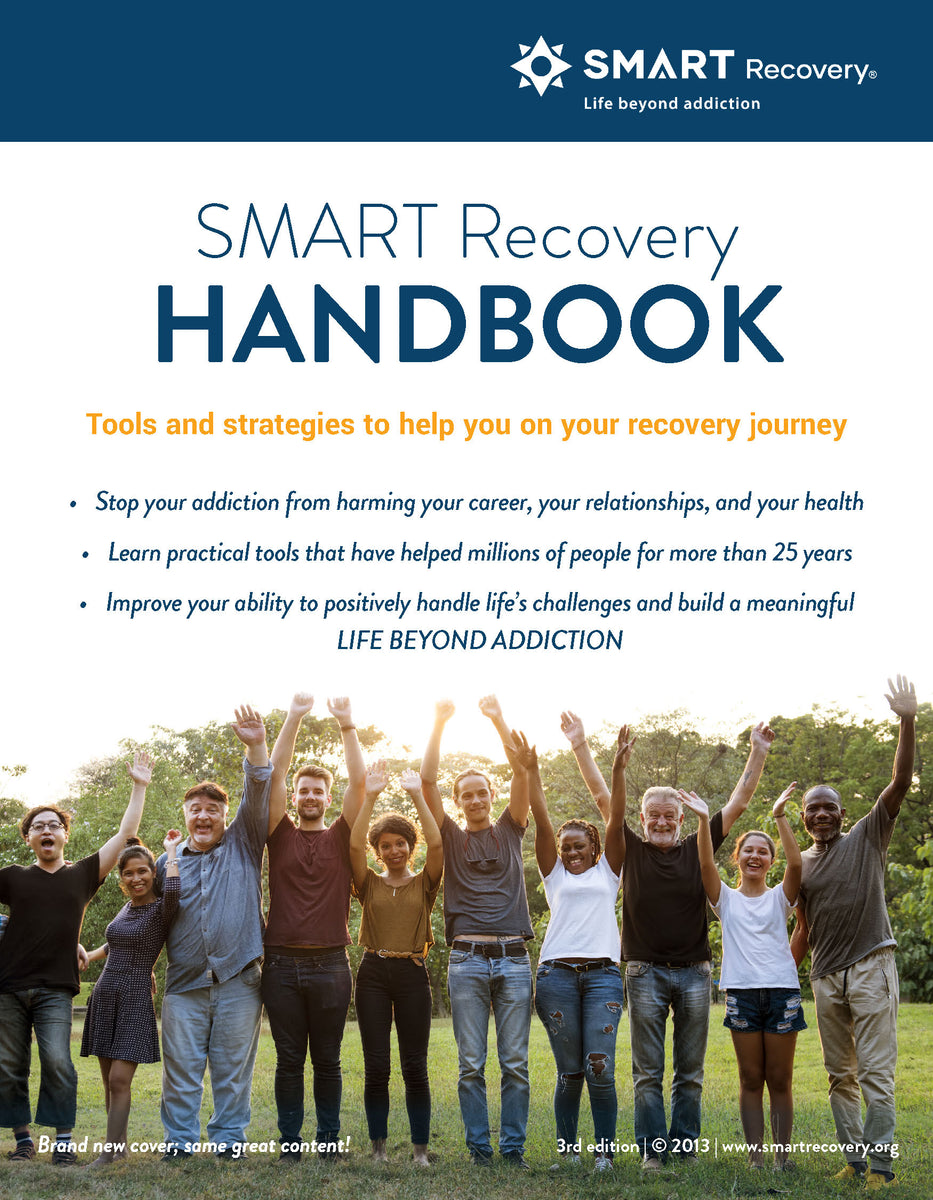Preventing Implosion: A Recovering Counselor's Guide to Not Completely Losing Your Mind
As someone who has danced with the devil of burnout and stumbled through the minefield of recovery, I can confidently say that finding balance is not optional, it's a matter of survival. And when you're a counselor navigating the chaos of a new job, parenting a tiny human with autism, and attempting to be a student, well, things can get real interesting, real fast.
I've been there - the dropped classes, the shameful C's on the transcript, the work projects that sat gathering dust, the dirty dishes that seemed to multiply in the sink. It was like watching a train wreck in slow motion, thinking "this is gonna be bad". But from the ashes of that hot mess, I learned a few things the hard way.
Self-compassion is your BFF: When things start to go sideways, it's easy to break out the ol' trusty whip and start beating yourself with "shoulds". But let's get real, that's about as helpful as putting a band-aid on a bullet wound. Treat yourself like you would a friend, or at the very least, a mildly annoying roommate.
The power of no: Saying yes to everything is like inviting all your ex's over for a slumber party - it's gonna end badly. Every yes to something that drains your soul is a no to yourself. And trust me, the people-pleaser in you will not die, but your sanity might.
Prioritize like your life depends on it: Because let's face it, it kinda does. You can't pour from an empty cup, unless it's a cup of stale coffee, and that's just gross. Focus on what lights your fire, and let the rest be damned.
Don't be a martyr: I get it, asking for help can make you feel like a helpless kitten stuck in a tree. But honestly, people love to feel useful. Let them pick a few damn apples from the tree of responsibility.
Self-care is not selfish: It's not about indulging in hour-long baths (although, let's be real, that does sound amazing). It's about those tiny moments of self-love - a hot cup of coffee, a dirty joke with a friend, a solid eye-roll behind a client's back. It's about being kind to yourself, even when you're being a bit of a disaster.
Celebrate everything: Finished a cup of coffee? High-five. Didn't yell at your kids today? Treat yourself to a cookie. Those little wins are like the oxygen masks on a crashing plane - put yours on first.
Recovery, much like parenting, is a messy, beautiful, infuriating, and awe-inspiring ride. And finding balance? Well, it's like trying to herd cats on a skateboard. But hey, at least the ride will be entertaining.-Belle-





















